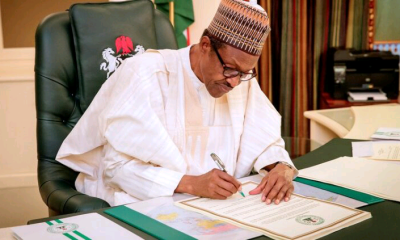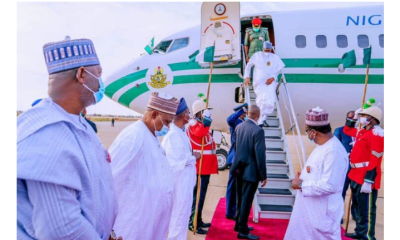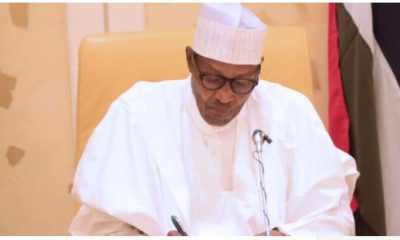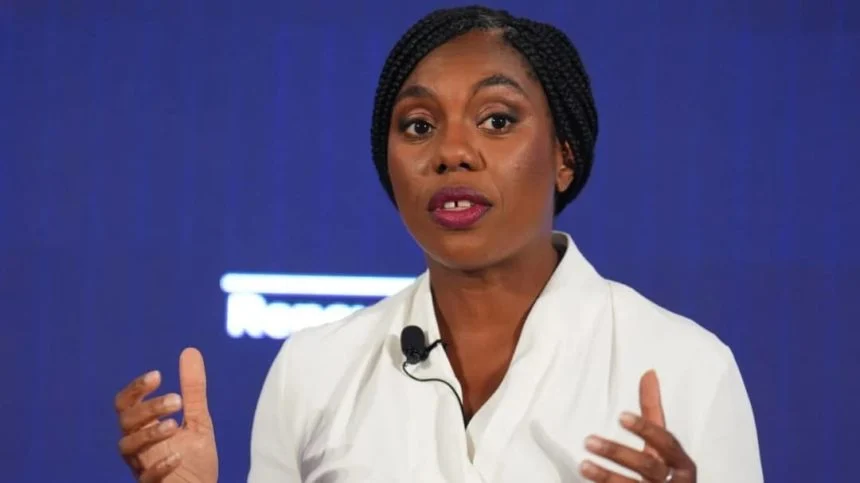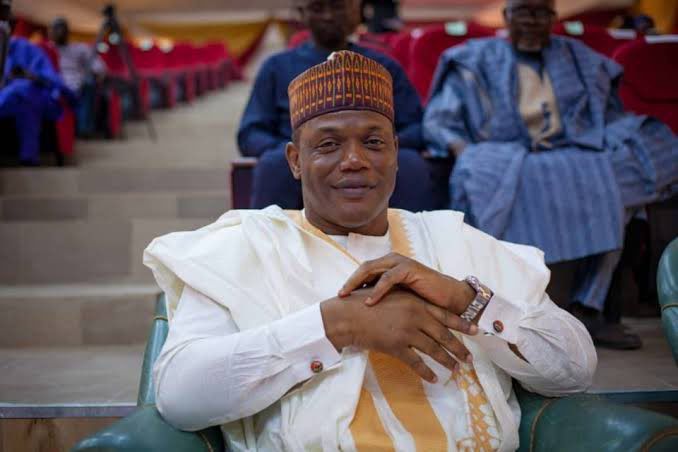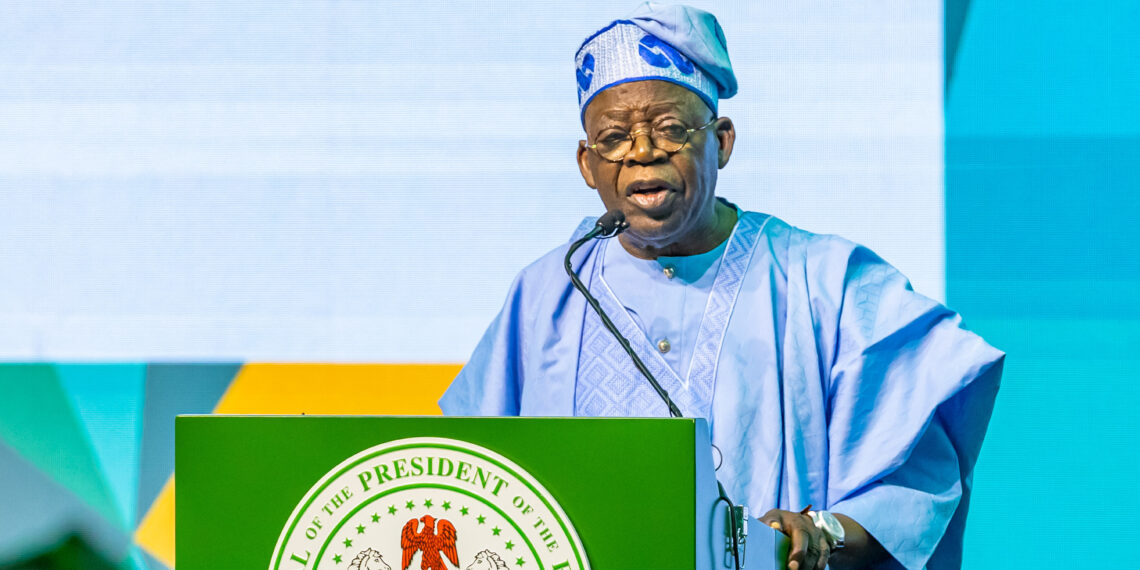Nigerian stocks have seen an exceptional surge under President Bola Ahmed Tinubu, marking the strongest performance by the market during any civilian administration since 1999.
Based on Nairametrics analysis, the All-Share Index (ASI) has increased by 136% since Tinubu took office in May 2023.
From 55,769.28 points on May 29, 2023, the ASI has risen to approximately 131,000 points, setting a new benchmark in the history of the Nigerian capital market.
This represents the largest market growth recorded at a comparable point in any presidency since the country’s return to democracy.
For context:
During the Buhari presidency at this point in 2016, the market was up by 4.47%.
Under Goodluck Jonathan, the gain was 47% as of June 2013.
During the Yar’Adua tenure, the market had dropped by 49% during Nigeria’s most severe market crash.
The Obasanjo government had seen a 115% increase by July 2001.
Looking at market capitalization, the Nigerian Exchange (NGX) grew from around N30 trillion in May 2023 to beyond N75 trillion, adding N45 trillion in value.
Even though this growth may appear smaller when exchange rate depreciation is factored in, it still stands out against the backdrop of broader economic difficulties.
What’s driving the rally?
President Tinubu’s reform-oriented economic policies have significantly contributed to the stock market’s rise.
The government’s decisions such as removing fuel subsidies and unifying the foreign exchange rate have been critical in improving investor confidence and strengthening public finances.
Despite causing inflation and putting pressure on household incomes, these reforms have earned recognition from global financial bodies and investors for being market-friendly and essential for future growth.
Several additional factors have also boosted market performance:
The Central Bank’s bank recapitalization program has elevated bank stock values and drawn new capital into the exchange, with over N5 trillion expected to be raised by 2026.
Increased FAAC allocations after the subsidy removal have injected more liquidity into the economy.
Fewer opportunities for currency speculation have led investors to seek better yields from equities and other financial instruments.
The money supply has expanded significantly, helped by funds left over from previous administration’s Ways and Means borrowing.
High interest rates, currently at 27.5%, have also prompted more investment in stocks and bonds.
Many listed firms have posted profit increases, even as consumers face rising prices and reduced purchasing power.
Local investors in the driver’s seat
Nairametrics noted that local retail and institutional investors have been the main force behind the ongoing market rally, even though foreign investor participation has risen slightly in early 2025.
Between January and March 2025, local trades amounted to N1.418 trillion, making up 63.63% of the total N2.23 trillion market activity.
During the first two years of Tinubu’s presidency (May 2023 – May 2025), figures from NGX’s Domestic and Foreign Portfolio Report show that Nigerian investors accounted for N9.375 trillion of the N11.535 trillion total transactions, while foreign investors contributed N2.159 trillion.
This change shows growing trust among Nigerians in the stock market, especially with fewer investment alternatives available.
Sectors such as banking, agriculture, manufacturing, and oil and gas have seen significant gains, with numerous leading stocks reaching record highs.
For instance, banks added more than N7 trillion in value between 2023 and 2025, with GTCO alone rising by N2 trillion and Zenith Bank by N1.7 trillion.
In telecoms, MTN Nigeria’s market capitalization grew by over N3 trillion, while Airtel Africa gained about N1.8 trillion.
Recent listings and upcoming public offerings have also improved investor sentiment. Aradel Holdings, which joined the exchange last year, added over N2 trillion in value. Future listings like Dangote Fertilizer and a potential NNPC IPO could continue this momentum.
What next
By mid-July 2025, Nigerian equities had risen by 27.84% for the year, and analysts predict that the market could end the month with double-digit returns. If this positive trend continues throughout the year, Tinubu may be remembered as the president with the strongest stock market legacy.
However, many Nigerians still feel disconnected from the market’s gains, as they struggle with rising costs, limited job opportunities, and access to basic services.
Ultimately, public opinion may be shaped not by stock charts but by how well the average citizen fares economically.
That said, for analysts and investors, the performance data tells its own story. The Nigerian stock market is in an unprecedented bull run—and it is unfolding under the leadership of President Tinubu.
Credit: Nairametrics


 BIG STORY4 days ago
BIG STORY4 days ago
 BIG STORY3 days ago
BIG STORY3 days ago
 BIG STORY4 days ago
BIG STORY4 days ago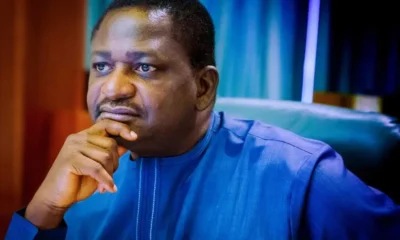
 BIG STORY3 days ago
BIG STORY3 days ago
 BIG STORY3 days ago
BIG STORY3 days ago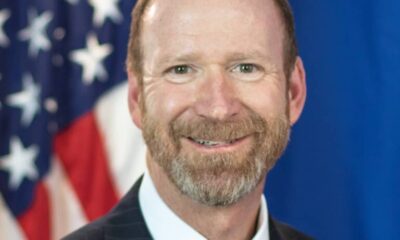
 BIG STORY3 days ago
BIG STORY3 days ago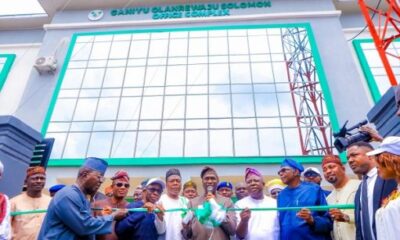
 BIG STORY3 days ago
BIG STORY3 days ago
 BIG STORY3 days ago
BIG STORY3 days ago






